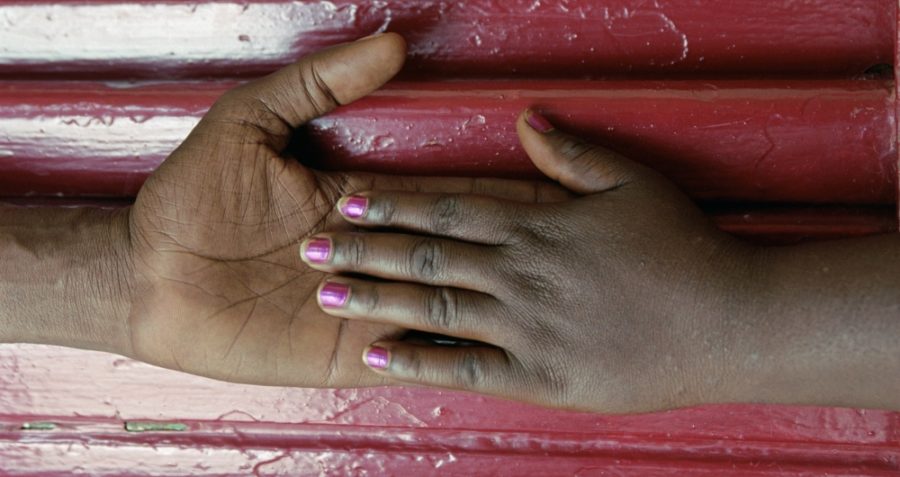Social mapping for better health in Burkina Faso
 © Gideon Mendel for Frontline AIDS
© Gideon Mendel for Frontline AIDS
For HIV positive women, giving birth is dangerous. A community mapping project identified women at risk and provided support.
Imagine a woman giving birth with no health professional present. For many women living in Burkina Faso this is all too often a reality. For every 13,000 inhabitants there is only one midwife and a quarter of all births take place at home. Mothers – and their unborn and newborn babies – are at great risk of complications during pregnancy or childbirth. For women who are HIV positive, the implications for them and their baby are significant. A social mapping project involving community volunteers has meant that 100,000 women and girls in remote areas have been referred to formal health services.
Social mapping for better health
In the central-eastern region of Burkina Faso, home to just under a million people, community-based organisations are helping to meet the populations’ health needs. Community volunteers use a simple but innovative social mapping exercise to capture all-important data about the health and treatment of women of childbearing age. This has far-reaching implications for planning, implementation and follow up of health services in the community. The volunteers capture real-time data on the health of households and monitor follow-up services, including treatment adherence. To date the volunteers have mapped more than 500 villages and 100,000 women and girls in remote areas have been referred to formal health services including family planning, antenatal care and safe delivery services.
The project is led by the Initiative Privée et Communautaire de Lutte Contre le VIH/SIDA au Burkina Faso (IPC), in conjunction with the Regional Health Centre.
Encouraging people to use health services
Encouraging people to use health services is a crucial step in a region where contraceptive coverage is only 21%; seven percentage points below the already low national average of 28%. This is where the community health volunteers are key to success, as they are able to link up families with their local health centre. The mapping tool is deliberately uncomplicated and does not depend on high literacy levels. This enables both the volunteers to use it when interviewing households, and helps individuals to take an active part in the decision-making processes affecting their own health.
The community action led by IPC and its partners is bridging the gap between informal community systems and formal health services, improving health and saving lives.
This article was written as the International HIV/AIDS Alliance, before we changed our name to Frontline AIDS.
Tags
Burkino FasoHIV prevention


